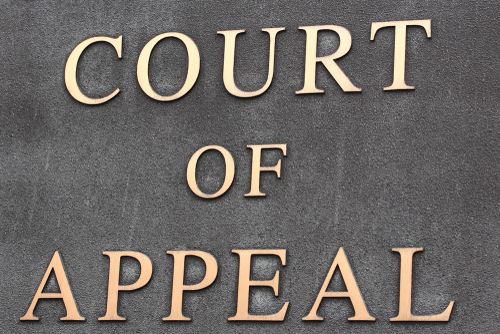Can a court lawfully order parties to court proceedings to engage in non-court-based dispute resolution? Sho Taniyama is a paralegal in our Dispute Resolution team and looks at the changes to the law.
On 29 November 2023, the Court of Appeal handed down judgment in the case of Churchill v Merthyr Tydfil County Borough Council [2023] EWCA Civ 1416 (‘Churchill’).
The “headline question” in the case was whether the court can lawfully order parties to court proceedings to engage in non-court-based dispute resolution (also known as ‘Alternative Dispute Resolution’ or ‘ADR’).
The Previous Law
Previously, the case of Halsey v Milton Keynes General NHS Trust (2004) 1 WLR 3002 (‘Halsey’) suggested that whilst the court may encourage parties to engage in ADR, the court cannot order parties to engage in ADR, as it would breach the parties’ rights to a fair trial under Article 6 of the European Convention on Human Rights.
The New Law
The Court of Appeal in Churchill unanimously held that Halsey, although persuasive, is not binding, and courts are entitled to order parties to engage in ADR.
The decision of Churchill now makes clear that parties should only use court proceedings as the absolute last resort. Although this sentiment has been echoed by the courts in the past, Churchill now provides the courts with the robust powers to force parties to engage in ADR.
What Does This Mean
The Decision of Churchill now means that parties to a proceeding will need to at least indicate that they have participated and engaged in ADR.
Should the court feel that the parties have not genuinely engaged in ADR, they are likely to force parties back to the negotiating table or face consequences of breaching a court order.
In short, the decision makes clear that court action should be the last resort and should not be taken lightly.

How can we help?
Our Dispute Resolution lawyers are specialists. With that comes the experience to deal with matters in the most commercially astute manner. We have experience in Alternative Dispute Resolution and have an enviable track record of resolving manners in such a way. We wholly believe it is the most pragmatic and commercially sensible and attractive route to resolution.
Sho Taniyama is a paralegal in our Dispute Resolution team at Wollens.
Sho Taniyama, Paralegal, Dispute Resolution
Contact our offices today
South Devon 01803 213251
Exeter 01392 274006
North Devon 01271 342268



